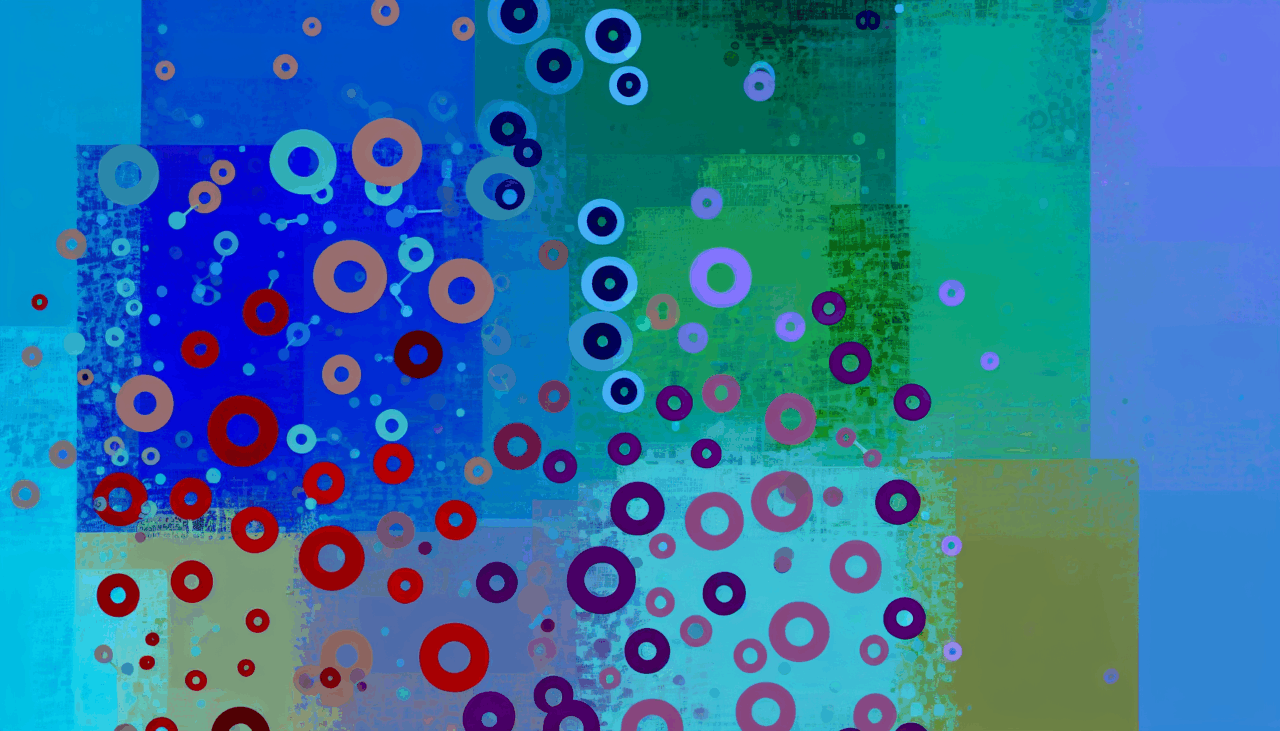Introduction to Blood Type Systems
Even those with limited knowledge of hematology are familiar with the ABO and Rh systems for blood type classification. These systems categorize individuals based on the presence or absence of specific antigens on the surface of their red blood cells, resulting in blood types such as A, B, O, AB, A+, and B−. These classifications are crucial for determining compatibility in blood transfusions. However, it is often overlooked that ABO and Rh are not the only blood type systems. In fact, there are 47 different systems, including MNS, Kell, and Duffy, which classify individuals into nearly 390 different blood groups based on specific antigens.
The Discovery of a New Blood Type System
Recently, the French Blood Establishment (EFS) announced the identification of a new blood type system by French researchers. This system, named “Gwada,” has so far been detected in only one individual, a patient from Guadeloupe. The name “Gwada” is derived from the nickname for Guadeloupe. This patient is currently the only person in the world identified with the “Gwada negative” blood type.
Implications of the Discovery
According to Thierry Peyrard, a medical biologist at EFS, the discovery of this rare blood type opens the possibility of finding other individuals with the same type. This is crucial for the patient, as finding a compatible blood donor could be challenging if she requires a transfusion. The EFS has been actively searching for “rare blood” for several years. A blood type is considered rare if it is found in less than 0.4% of the population. As of 2024, there are 390 different blood groups, with 250 classified as rare.
Geographical Variations in Blood Types
The frequency of blood types varies among different human populations. A blood type that is rare in one ethnic group may not be rare in another. Professor Jacques Chiaroni, a hematologist and director of the EFS in the PACA region, explains that there is a “geography of blood types.” For instance, a European with a Rh-negative blood type may face difficulties finding a compatible transfusion in China, where Rh-negative is almost nonexistent.
Genetic Diversity and Blood Type Rarity
Individuals of African descent, due to their greater genetic diversity, are particularly affected by the diversity of blood types, which can complicate access to compatible blood for transfusions. This challenge is even more pronounced for those living outside Africa, whether due to immigration or the legacy of the slave trade. For example, the Duffy negative blood type is prevalent in Africa, with over 70% of the population carrying it, but it is nearly absent outside the continent. The discovery of the “Gwada negative” blood type in Guadeloupe is a testament to the island’s historical ties to the transatlantic slave trade.
Efforts to Increase Blood Donations
In 2022, the EFS launched a campaign to encourage blood donations from individuals of African descent, who not only often carry rare blood types but also tend to donate less frequently. Professor Chiaroni emphasizes the need to increase the diversity of blood donors so that in countries with significant biological and cultural diversity, like France and its overseas territories, the donor population reflects the recipient population.
Current Statistics and Preservation of Rare Blood
It is estimated that 700,000 people in France have a rare blood type. Between 13,000 and 15,000 individuals are registered with the National Reference Center for Blood Groups. Those with rare blood types are particularly valued by the EFS and are encouraged to donate regularly and to motivate their relatives, who may share the same rare blood type, to do the same. While standard blood donations are preserved for 42 days, rare blood donations are frozen at −80 degrees to ensure they can be used for at least 30 years.
This article was originally published on JIM.fr, a member of the Medscape network.
🔗 **Fuente:** https://francais.medscape.com/s/voirarticle/3613061

